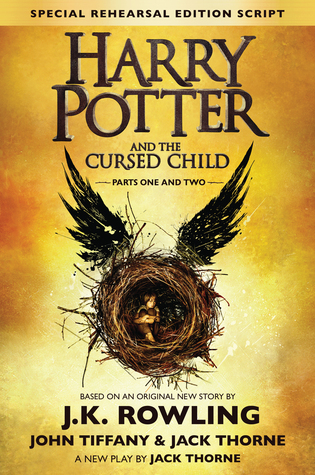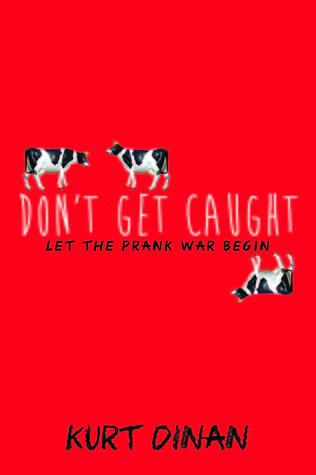
Sue Klebold's purpose in A Mother's Reckoning: Living in the Aftermath of Tragedy is not just to tell her side of the story, but also to advocate for brain health awareness, particularly when it comes to depression and suicide. She talks about her experiences as Dylan's mother; what she saw, what she missed, and what she wishes would have happened. I approached this book with considerable skepticism, but the apparent honesty of her narration won me over, as did her emphasis on not justifying her son, but trying to show other parents what she missed in hopes that they could prevent suicide and murder.
Mid-book, Sue Klebold gives a very brief description of what happened at Columbine High School in 1999 when her son Dylan Klebold and his friend Eric Harris murdered 13 of their classmates, injured 24 more, and finally committed suicide inside the school library. The media storm, ensuing financial, health, and emotional crises that she and her family suffered are all recounted throughout the rest of the book based on her journals and research.
There is a tendency after a violent tragedy to blame the nearest person, and that person is most often the mom. I think that Sue makes her case that Dylan Klebold was an intelligent but mentally unhealthy person who chose his own path, and hid his suffering from the people who would have helped him. Hindsight is always 20/20, and throughout the book she mourns the lost opportunities to reach her beloved son, while not excusing herself for mistakes she believes she made.
In my library in a prison, we collect books in "reentry" topics. One important reentry category is victim awareness, focused on helping people (who often have trouble thinking beyond their own desires) to see the effects their actions have on others. This book is not only a strong call to action in matters of brain health (Sue Klebold's chosen term), but also one that I hope will make people rethink black and white assumptions about blame and guilt. Finger-pointing may be emotionally satisfying, but it rarely prevents the next tragedy.
If you want a journalistic account of the events at Columbine, definitely read Dave Cullen's excellent Columbine, which Sue Klebold's story largely agrees with. Sue Klebold also mentions a few other books, but one that interested me most was Why Kids Kill: Inside the Minds of School Shooters by Peter Langman. A Mother's Reckoning is a story that will certainly break your heart.
Quotable:
"The death of someone who has committed a great crime may be for the best, but any dead child is some parent's vanquished hope. This mournful book is Sue's act of vicarious repentance." - Andrew Solomon, introduction"
"To the rest of the world, Dylan was a monster; but I had lost my child." - 58
"A friend told me once that the brain 'on grief' is like an older-model computer running a program drastically too complex for its capacity - it grinds and stutters and halts over the simplest calculation. It took great effort just to hear what others said." - 117
"It can be hard to differentiate between someone who is genuinely getting out of a cycle of depression, and someone who feels relief because they know they're going to die." - 217






